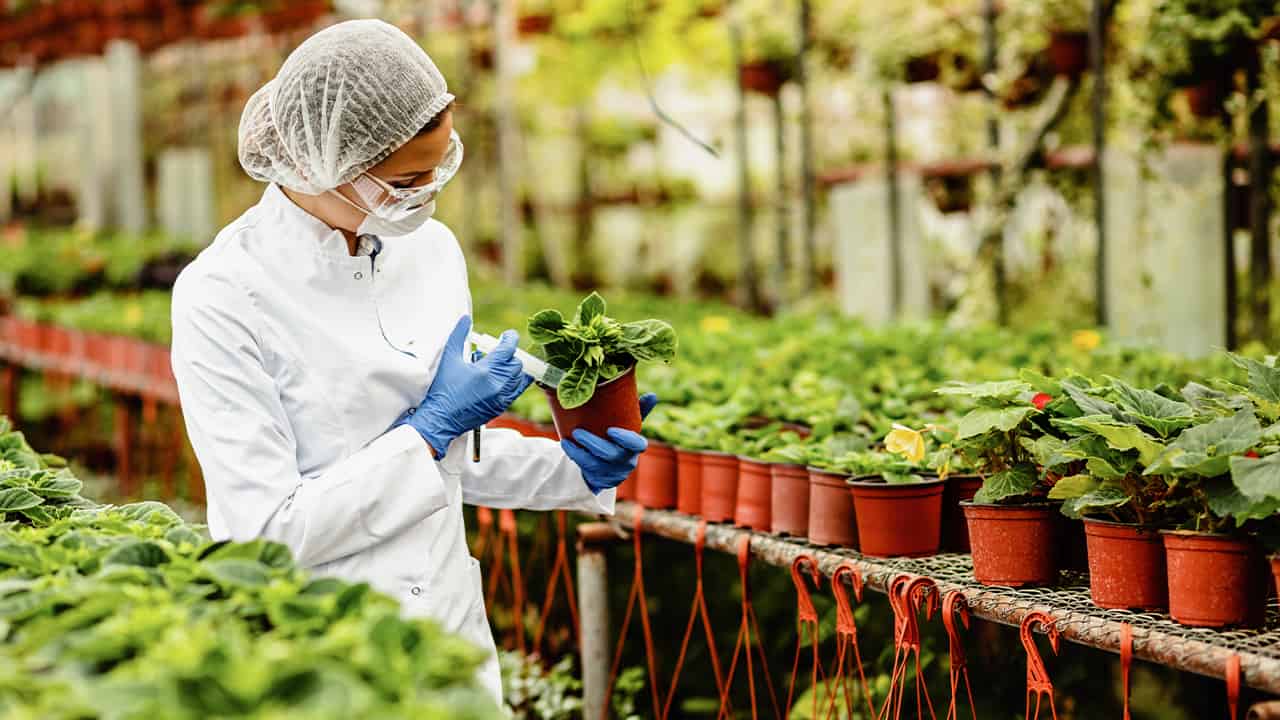Is too much fertilizer a problem?

Before we began – What is exactly a Fertilizer?
The amount of fertilizer being used today is a cause for concern. It has been reported that the use of too much fertilizer can lead to the soil becoming contaminated with nitrates and phosphates, which can cause problems for both humans and the environment. Find out in this article how this problem was discovered and what you need to know about it!
Fertilizers are classified into three types:
– Mineral fertilizers
– Organic fertilizers
– Industrial fertilizers
While organic and mineral fertilizers have long been used to increase crop yields in agriculture, industrial fertilizers are a fairly recent development. Nonetheless, industrial fertilizers are the most widely used fertilizers today.
Nitrogen is a nutrient that all living things require in order to grow. Despite the fact that nitrogen is present in nearly 78 percent of the air, the majority of nitrogen on Earth exists as
nitrogen gas. Despite being present in nearly 78 percent of the air, the majority of nitrogen on Earth exists as nitrogen gas. Plants and animals, unfortunately, cannot use nitrogen gas directly.
Scientists found a way to turn nitrogen gas in the air into compounds that contain nitrogen and could be used to fertilize soils.
Heavy fertilizer use can cause nitrogen to seep into the groundwater and phosphorus to wash into the surface water.
Excess fertilizers washed into water bodies can cause excessive growth of algae. This growth of algae can deplete the oxygen in the water body and kill the fish.
Fertilizers in the lawn are a common example of overuse. Many homeowners believe that in order to have a nice green lawn, they must apply a lot of fertilizer. Overfertilized lawns, on the other hand, are more susceptible to diseases such as brown patch, pithium, and helminthsporium. Too much fertilizer around plants can result in fertilizer burn. The high salt content associated with over fertilization can interfere with root water uptake. Plants suffering from fertilizer burn frequently exhibit leaf scorch symptoms.
Excessive fertilization frequently results in excessive plant growth, which can cause a variety of problems. Some vegetable plants, such as tomatoes, with excessive growth will not produce blooms, causing production to be delayed. Because plants with dense canopies do not dry out as quickly as plants with open canopies, they are more susceptible to disease problems.
To keep your plants healthy, remember that a small amount of fertilizer can go a long way.
Excess fertilizer not only harms the plants we are attempting to maintain, but it also has an impact on the environment in which we live.
 (07) 3268 7161
(07) 3268 7161
 View Cart
View Cart
 Australian Owned
Australian Owned Fast dispatch
Fast dispatch 30 Day Return Policy
30 Day Return Policy Industry Leading Support
Industry Leading Support


